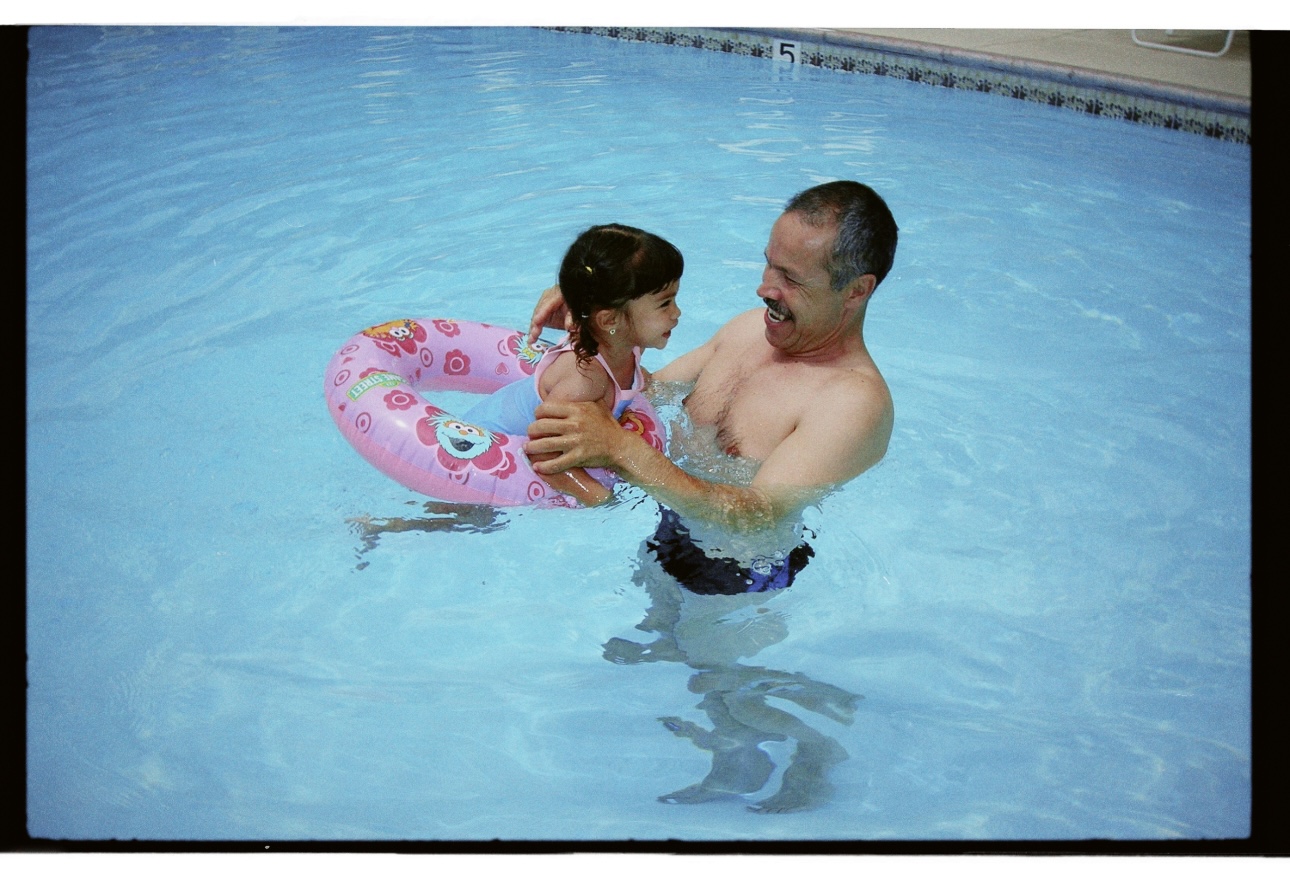LOVE IS WATCHING SOMEONE DIE
![]()
Who are we, if not for our memories? What happens when the memories are gone, but the life remains?
In my family, there are two people who don’t remember much about my grandpa’s life: himself, and me.
My grandpa has been left with fragments of a life once familiar: the touch of a loved one, pictures scattered throughout a room, the distant notes of a song, and a symphony of hopeful voices. These voices belong to people with years’ worth of stories to share, inside jokes to relay, and personal anecdotes of a life lived by his side.
Tragically, everything I know about my grandpa has been another person’s memory that I’ve had to adopt as my own. I mainly remember him from pixellated home videos and various verbal accounts. As I child, I clung to these stories, collecting them as if they were iridescent pieces of sea glass susceptible to being swept away by the tide.
In one of these sparkling memories, brought to life by a grainy video, I am about four years old. I am sitting on his lap, awash in the warm, candlelit glow of a restaurant. A white frosted birthday cake is brought out on the table before us. He is wearing a cherry-colored sweater. My eyes go wide at the sight of the flame. I erupt into a fit of giggles, causing him to let out a chuckle. I feel safe and happy and loved. He lets me blow out the candle.
And then the scene goes dark.
Last year, I silently observed my grandpa through the shimmering, sad window of a board and care facility, the distance between us made more pronounced by the pandemic. I took note of his hands, their wrinkles telling the stories that his voice could no longer produce. He stared straight through me as if I were a stranger. The deep, hearty ghost of his laugh echoed in my brain. It pained me, but, still, I stayed.
There is a rather poignant lyric in one of my favorite songs that goes: “Love is watching someone die.” I never quite grasped the meaning of it until I got to experience it for myself, as I have had to witness my grandpa die a slow death of sorts over the past thirteen years.
I believe that storytelling is an act of love, and that by sharing my grandpa’s, I am keeping his legacy alive. Everyone is barreling towards their own exodus; to love someone is to be there through both the joy and the sorrow that are hallmarks of the human experience and that make one’s life story worth telling.
Francisco Espinoza’s story is one of struggle and strength. When he was only nine months old, he lost his father in a tragic accident. Determined to help his mother support his five siblings, he took on as many jobs as he could at the tender age of six: shining shoes, working in a movie theater, and even cleaning up after elephants at the circus in Mexico. Desperate and destitute, his mother was forced to place him in an orphanage where he was routinely abused.
At the age of 17, Francisco made the risky journey to America, but lasted only a single day picking fruit in hellish conditions in Central California. Although he didn’t understand a word of English, he understood that this was not the life he wanted. As he put it: “If I worked in the fields, I knew I would die in the fields.” He traveled South with little money, taking a job as a busboy at a Downtown L.A. restaurant and eventually working his way up from bartender to manager of The Grill on the Alley in Beverly Hills. “Frankie,” as he was affectionately called, effortlessly navigated the same waters as Hollywood’s elite; celebrities constantly showered him with praise during his 24 years there. My grandpa went on to create a beautiful life, marrying his high school sweetheart and fathering three daughters who graduated college and went on to obtain advanced degrees.
It is difficult to paint a picture of such a remarkable person in only 750 words, but my hope is that I was able to provide a few brushstrokes. My grandpa’s legacy lives on through me, now. I may not remember much about him, but I can still hear his warm baritone voice exclaiming: “We’ve had a good life!” And while he may not realize it, that is more true than he will ever know.
